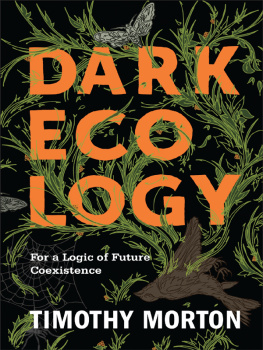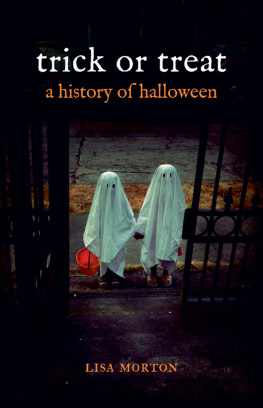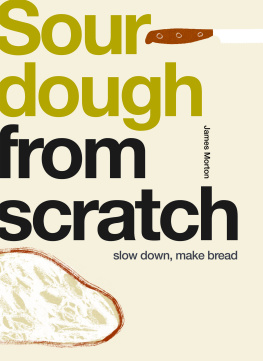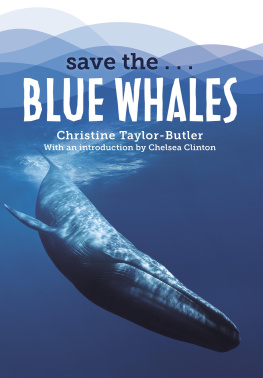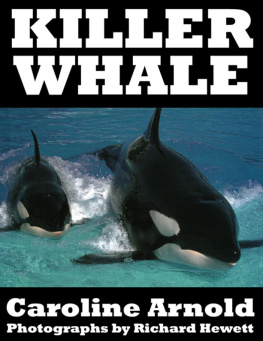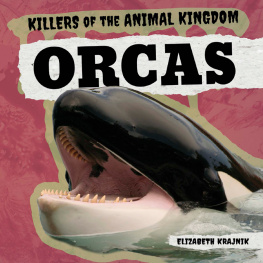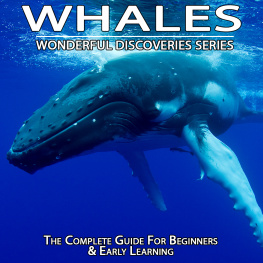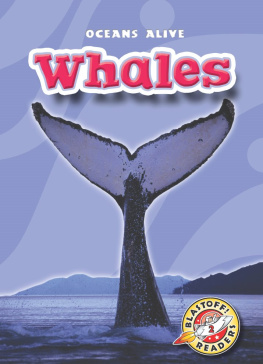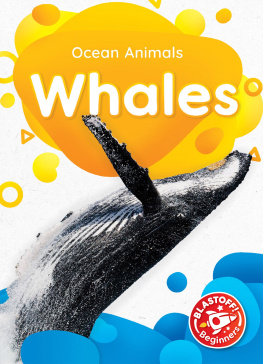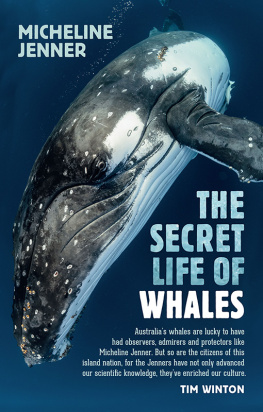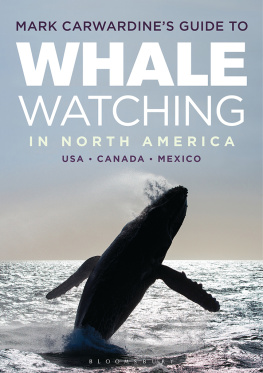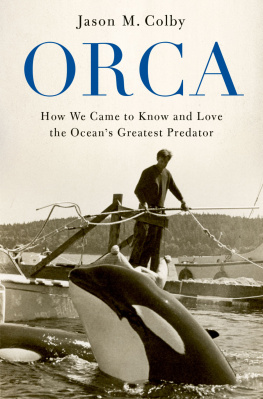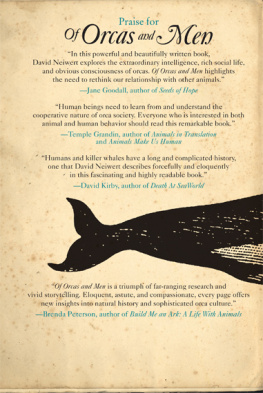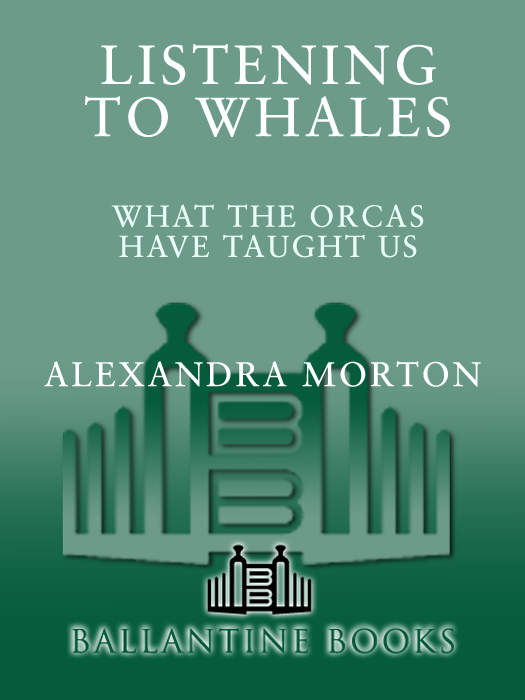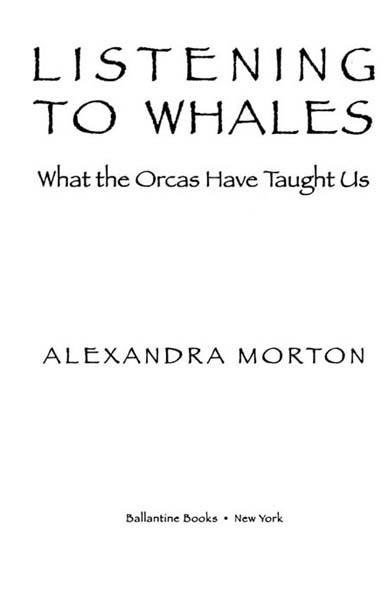FASCINATING
[Mortons] writing reflects a deep respect for whales in general and killer whales in particular. The reader will find her regard contagious.
Richmond Times-Dispatch
This book will immerse you in a magical underwater world. It will bring you face to face with some of the most intelligent and mysterious creatures on earth. Alexandra Morton is a meticulous scientist, but she is not afraid to let her love for the whales illuminate her writing, nor her distress and anger at the harm we are inflicting on their world.
J ANE G OODALL
One of the worlds premier orca researchers Morton has emerged as a champion for the welfare of whales and the preservation of their habitat. Listening to Whales is an unusual and involving tale of a life committed to interspecies communication.
The Olympian
[Morton] is field scientist in the tradition of Jane Goodall and Dian Fossey. Readers will be impressed by the physical hardships of field work, the moving account of the death of her marine photographer husband in a diving mishap, and her stories of rearing her children on shipboard and in an isolated coastal community.
Library Journal
Mortons descriptions of individual orca movements, and how each relates to the species as a whole, course alongside her passionate defense of the ecological balance of the region; she infuses both with just the right amount of personal reflection.
Publishers Weekly (starred review)
Moments of quiet triumph illuminate this absorbing tale.
Christian Science Monitor
(Selected as One of the Best Books of 2002)
ABSORBING, MOVING
[Mortons] book gives us invaluable insight into complex, wonderful creatures. Its an eloquent testament to one womans efforts at interspecies communication.
The Calgary Sun
Lyrical Hopeful Listening to Whales is a fascinating journey into the heart of a research scientist captivated by these magnificent creatures.
Miami Herald
Leaves one questioning what we have done to our water-based, spy-hopping, family-loving cohabitants of this planetand if we have not in the process diminished ourselves.
The Georgia Straight magazine
Remarkable An extraordinary tale Fascinating reading Full of both poignant and distressing moments One of the chief pleasures of her book is the straightforward quality of her prose; one finds oneself halfway through the book in the blink of an eye.
The Grand Rapids Press
As she wisely points out, what the whales need to surviveclean water, clean air, forests, and salmonhappen to be what we need as well.
Sierra magazine
Remarkably diverting In plainspoken prose, Morton relates her work afield She writes of her personal life with unembroidered ease as well, which is extremely powerful.
Kirkus Reviews
This is biographical natural history at its best.
Booklist
A Ballantine Book
Published by The Random House Publishing Group
Copyright 2002 by Alexandra Hubbard-Morton
All rights reserved.
Published in the United States by Ballantine Books, an imprint of The Random House Publishing Group, a division of Random House, Inc., New York, and simultaneously in Canada by Random House of Canada Limited, Toronto.
Ballantine and colophon are registered trademarks of Random House, Inc.
www.ballantinebooks.com
Library of Congress Control Number: 2004090829
eISBN: 978-0-307-48754-4
v3.1_r1
To my dear sister Woodleigh
In memory of John C. Lilly
Contents
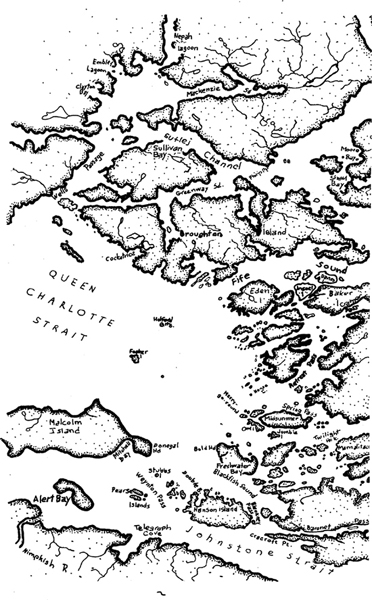
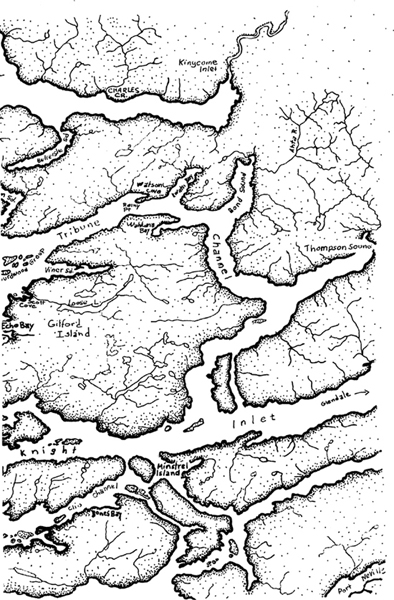
Chapter 1
S ome nights I hear whales in my dreams. They start off distant like the sound of wind in the trees but gradually pick up to the point where theyre all I can hear. Most times I can make out which pod is callingthe sisters, transients, G clan, or any of a dozen other orcas Ive spent nearly a quarter of a century listening to. On a good night its the exquisite dialect specific to the family of the fifty-four-year-old matriarch Tsitika, a series of rippling harmonics so perfect it imparts a deep sense of peace in me, like a shuddering sigh.
Some nights I wake from one of these dreams and find it hasnt been a dream at all.
I trundle downstairs in stocking feet, put my ear to the hydrophone speaker, and hear Tsitika calling to her children. I press the record button on my tape machine and note the time and date in the sound log. And so begins another day of work.
In the kelp bed floating outside my window, a hydrophone dangles down 15 feet into the water of Cramer Passage. A black cable snakes through the kelp, up the rocky beach, through the salal brush, around my kale garden, past the greenhouse and chicken coop, and up through the floorboards into my house, which is perched on a low bluff on the western coast of Canada.
I begin my mornings with a strong cup of coffee at my desk, writing, entering data, or sorting through black-and-white photos of dorsal fins. If there are no whales that day, the first sound I hear is often the crackle of shrimp coming alive with the lightening of the sky. Sometimes I hear otters chirping or dolphins letting loose those high-pitched twitters that make them sound like monkeys on helium. The hydrophone doesnt discriminate. More often than not, I hear the scream of outboard motors. The community in which I live, Echo Bay, has no roads. Everyone gets around by boat.
To study a wild animal, you must adapt your life to its rhythm. Its the only way youll increase your chances of encountering your subject, and perhaps more important, its the only way youll begin to understand how your subject encounters the world. We land-locked humans experience our surroundings primarily through our eyes: land and vision. A killer whales aquatic world comes to it almost exclusively through its sense of hearing: water and sound. Living in Echo Bay has put me in a world as close as I can come to the killer whales without actually living underwater.
Im constantly listening and looking for whales. As I wake my six-year-old daughter, cook breakfast, brush my teeth, talk on the phone, my ear remains cocked to the speakers. My eyes constantly scan the water for the misty plume of a whale blow. I press my eyes against a pair of high-powered astronomical field glasses seventy times a day, panning slowly back and forth over the water, always hoping for the rise and fall of an orcas black fin. Ive spotted whales while Ive been gardening, baking bread, writing papers, braiding my daughters hair. Ive spotted orcas while Ive been taking a shower. And when I spot one, Im gone. Into my boatBlackfish Sound, a 22-foot doryand out on the water, following the whales wherever they take me. I note their breathing intervals, record the sounds they make, watch them interact with the world around them. I am their shadow.



